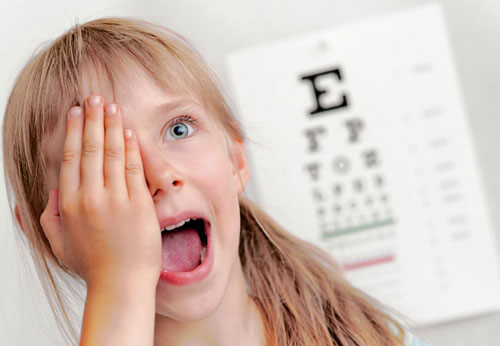(StatePoint) Everyone has heard myths about what is and isn’t good for your eye health — from eating more carrots to limiting screen time. Unfortunately, many so-called facts are anything but factual, according to Dr. Ryan Nakamura, a VSP Vision Care optometrist. Here, he sorts fact from fiction.
• Myth: Reading in dim lighting will damage my eyes.
• Busted: It may seem hard to believe, but there is no evidence that reading in dim light will cause long-term damage to your eyes. “Dim lighting can lead to eye strain, requiring your eyes to work harder and making them tire more quickly, but it’s only temporary,” says Dr. Nakamura. That said, if you have access to a well-lit room for reading, take advantage of it.
• Myth: The darker the lenses my sunglasses are, the better they will protect my eyes.
• Busted: Not exactly. “Dark sunglass lenses may reduce eye discomfort for those who experience light sensitivity, but they do not provide additional protection from ultra-violet rays,” says Nakamura.
More important than the darkness of your lenses is making sure the sunglasses have UVA and UVB protection — the only true defense against the sun’s harmful rays. Over time, exposure to UV rays can lead to cataracts, macular degeneration and, in some cases, even blindness. So whether you prefer lighter or darker lenses in your frames, sunglasses are a must-have year-round. Don’t forget to make sure the children in your life wear them too.
• Myth: Working many hours in front of a computer screen will change my glasses prescription.
• Busted: Working too long in front of the computer won’t change your prescription, but there are some impacts to consider. The blue light emitted from electronic devices can be damaging — impacting your sleep and possibly causing macular degeneration, which is the leading cause of blindness in adults. Also, using electronics for extended periods of time can result in digital eye strain. Symptoms of digital eye strain include fatigue, headaches and neck pain.
To help protect against digital eye strain and blue light exposure, consider using eyeglass lenses with blue light protection. Also remember the 20-20-20 rule: for every 20 minutes spent looking at your computer, TV or digital device, spend 20 seconds looking at something at least 20 feet away.
• Myth: If you don’t have obvious issues with your vision, you don’t need an annual eye exam.
• Busted: A comprehensive annual eye exam can protect far more than just vision. It can detect signs of serious health problems — including diabetes, high blood pressure and high cholesterol — many times before physical symptoms are present. Some serious eye conditions have no immediately obvious signs or symptoms, such as glaucoma or macular degeneration, and take a comprehensive eye exam to detect. Regardless of visible symptoms, a comprehensive eye exam is a must every year, Dr. Nakamura recommends.
For more information, visit SeeMuchMore.com.
Don’t just believe old wives’ tales when it comes to eye health. Arm yourself with the facts to better protect your family’s vision long term.



















